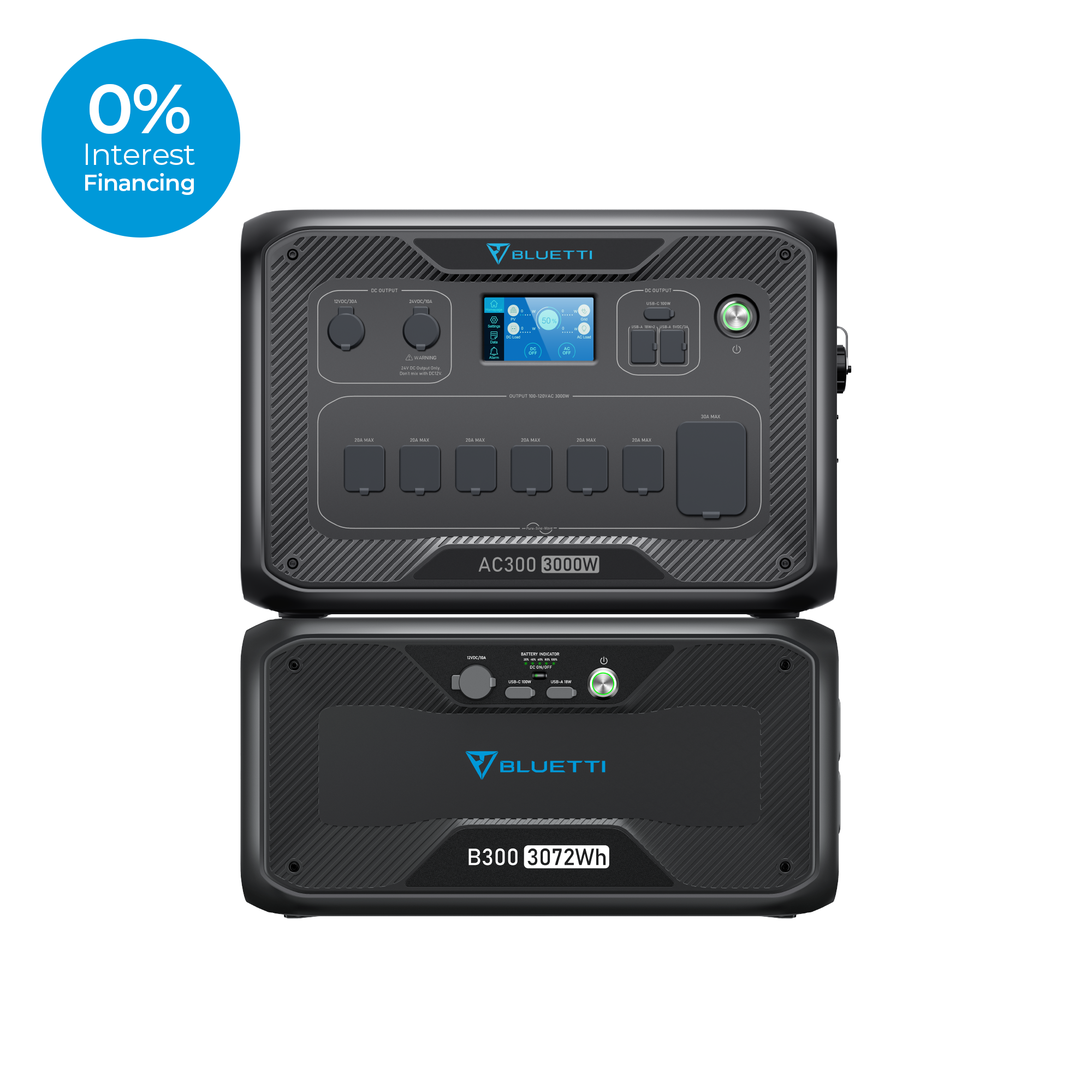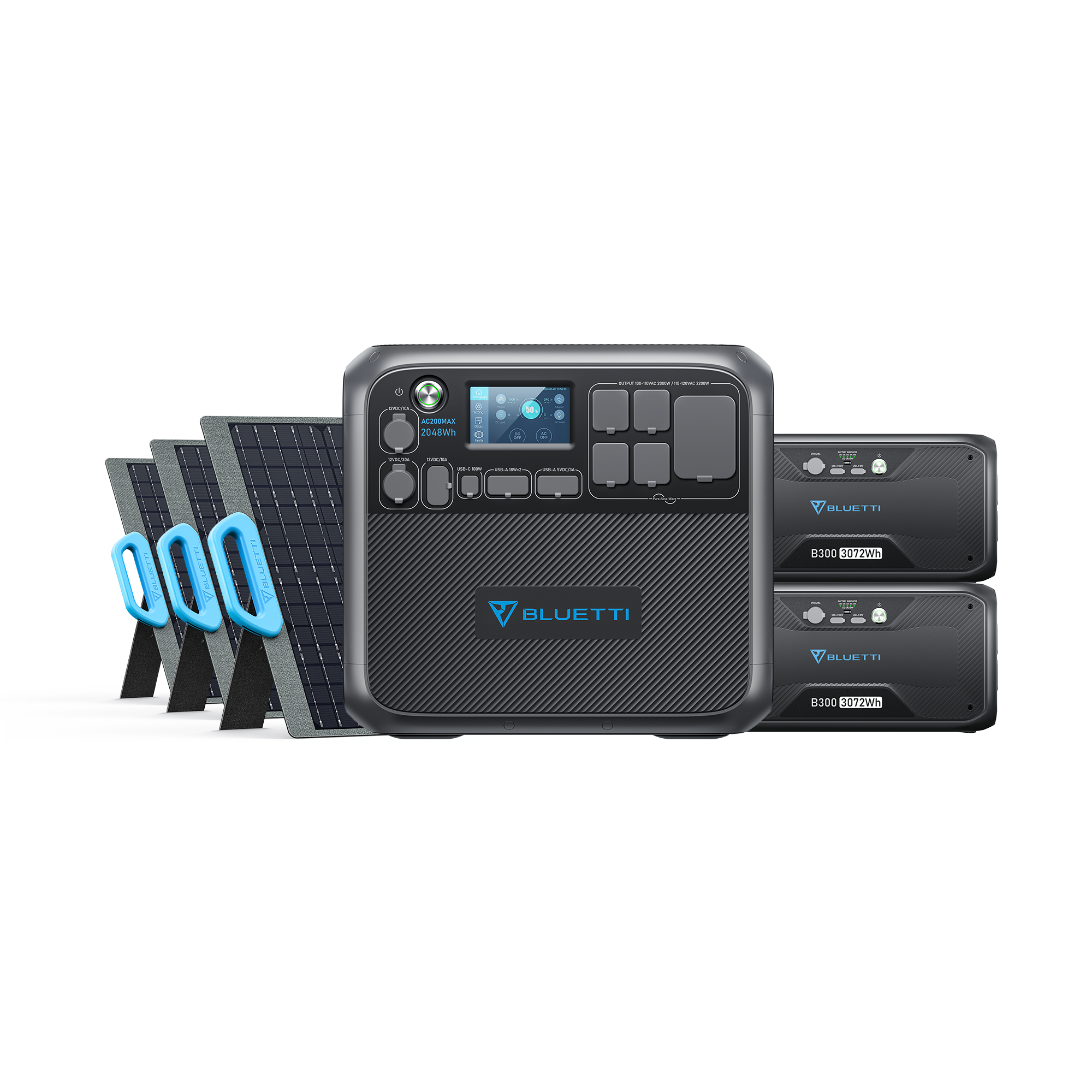The tropical weather, cool ocean breeze, and soothing greenery with astonishing natural wonders are all you can expect from Hawaii. It's a beautiful state to lead a calm life close to nature. Many people prefer moving to Hawaii but worry about high living costs. Is the Hawaiian lifestyle so expensive? We'll explore everything about living costs in Hawaii, go about saving the costs, and help you decide whether to move to Hawaii or not.
The major reason for the high living costs in Hawaii is its isolated location and limited resources. The population is also sparse without proper connectivity, the transportation costs hike prices of almost everything. There are eight islands in Hawaii including Ni'hau, Kaua'i, O'ahu, Moloka'i, Lana'i, Kaho'olawe, Maui, and Hawai'i (island). Some localities are highly populated while others have very few residents. Your location in Hawaii can have a significant impact on living costs. Let's explore more!
Average Living Costs in Hawaii in 2024

Hawaii's living costs tops every index about expensive states in the US. According to the Council for Community & Economic Research (C2ER), Hawaii's cost of living index is 186.2 in 2024 compared to the national average of 100. The costs of living in a city like Honolulu can be 88% higher than the national average.
It doesn't mean that people in Hawaii live in poverty, the average income range is also above the US mainland. The median household income in Hawaii is $118,223 whereas the national average is about $67,521.The state has the fourth lowest poverty rate in the US and one of the highest annual living wages. Where Hawaiins have to spend more, they also earn more.
The average living costs can include numerous factors like housing, grocery, healthcare, and transportation. Hawaii is the most expensive in terms of living costs due to the expenses almost twice the national average. Real estate is beyond the reach of 23% of Hawaiians and about three times more costly than the average US state.
We will further break down living costs for a better insight to help you predict your living costs when in Hawaii. According to a rough estimate, your annual household income should be around $153,360 to afford the Hawaiian lifestyle. If you're moving to Hawaii from any other US state, it will feel very expensive.
Outlook of Median Expenses in Hawaii
Estimating your living costs based on averages is a positive approach but you should be mindful that actual expenses can vary significantly. Living costs are highly variable considering the differences in individual lifestyle and spending patterns. For instance, if you like to eat out almost every weekend, your living expenses will exceed the median range. Let’s explore how much it costs to live in Hawaii in 2024.
Housing & Rent Expenses
Housing is very costly in Hawaii due to limited real estate in the Archipelago. The Aloha state is three times more expensive than the national average in terms of housing costs. A family home in Oahu comes with a price tag of $996,500 on average. If you opt for a condo, it will cost you about $510,000 on average. Although prices are very high, the houses are quite basic with no special amenities.
If you are thinking about renting a place, the availability can be an issue. However, you may expect to pay $4,000 per month for a two-bed apartment. Long-term renting is an attractive option in Hawaii for people considering relocation. Most homeowners offer 12-month leases to renters. The two-bed apartment will be around $2,696 per month on average and a three-bed will be around $3,200. Remember, the renting costs will vary depending on the area, property, and space.
Food & Grocery Expenses
Food and groceries have high prices in Hawaii due to heavy reliance on imports. Luckily, Hawaiians grow their fruits, vegetables, and coffee. The current grocery index is 124.1, but Hawaii is not the most expensive state for buying groceries. Alaska surpasses Hawaii in terms of pricey groceries in the US. The average price for half a gallon of milk is $5.38 and it can go up to $8.33 at times.
Hawaii is full of options if you love food. The diversity in Hawaii has brought unique tastes to the island. It's no doubt a global tourist destination with many restaurants and eateries. Dining in a restaurant can cost you $30 to $50. The average lunch box price can be between $12 and $20. Hawaii's business districts are expensive in terms of food where a lunch can cost about $22.
Utilities Expenses
Despite consuming less electricity, Hawaiians pay the highest electricity bills in the US. The per-month consumption is between 500 and 600 kWh per month and the average electric charge is 0.43 cents/kWh. A normal household in Hawaii pays $150 to $250 per month in electric bills on average. The costs increase with consumption and rates are highly variable.
Natural gas comes at a premium in Hawaii. For a two-bed apartment, the gas bill is around $10 per month. Houses with high gas usage receive about $250 bill per month on average. Although gas is less preferred, many households in Hawaii have gas connections. Moreover, water and sewage expenses for a normal property range between $90 and $140. Overall, the monthly utility expense is $500 to $600 on average.
Transportation & Gasoline Expenses
The transportation and gasoline expenses are high in Hawaii due to the isolated location. Gasoline is imported in the state which hikes up the price. In June 2024, the price for a gallon of Regular was $4.539. Other modes of transport were also expensive when considering the travel distance.
Public transportation is available, each island has public buses like TheBus in Oahu. You should not worry much about transportation and gasoline expenses because the distance to go anywhere is much less. You will not drive a lot, most destinations are close.
Effective Ways to Reduce Living Costs
You have heard a lot that Hawaii is way too expensive, but you can live a comfortable life in Hawaii with a median income. The true Hawaiian lifestyle isn't expensive, the paradise can be cheaper too. Here are effective ways to reduce living costs in Hawaii:
Stick to a Budget
Financial management is all about budgeting. You should know where to spend and how much to spend. Setting a limit for your expenses can stop you from overspending. Many people end up spending on unnecessary things like outdoor activities and struggle to make ends meet. A budget can help avoid such a situation.
Prefer Local
Grocery bills are often high in Hawaii due to imported goods. Still, there are many things that you can buy from local farmer markets at cheaper rates. You should not miss the fruits, vegetables, and homegrown coffee. Moreover, you should not choose costly brands and go for better alternatives when shopping for groceries.
Live in Suburbs
The paradise can get hectic and expensive in populated localities. You should rent or buy a residence outside the main cities. There's a significant difference in costs and you'll find yourself close to nature. Living in a local setting and saving on expenses is a win-win.
Energy Efficiency
Electricity is the highest contributing factor to living costs in Hawaii. It is crucial to conserve energy and use energy-efficient appliances. You must upgrade to Energy Star appliances and reduce your energy consumption to save on electric bills. The most effective way to reduce electric bills is by choosing solar energy. It can be a game-changer when it comes to saving electric costs.
Solar Generator Kits for Cheap Energy
Why pay hefty electric bills when you can access cheap solar energy? Considering growing electric expenses in Hawaii, it's high time you should opt for solar power. It'll help you reduce and eliminate electric bills and enjoy energy independence. We would suggest going for BLUETTI advanced solar generator kits with superior performance and affordable prices.
BLUETTI AC300+B300 Home Battery Backup
The BLUETTI AC300+B300 Home Battery Backup can be your solution to high electric bills in Hawaii. The solar generator kit will help harness cheap energy and reduce reliance on grid supply. It has an expandable capacity of 3,072Wh to 12,288Wh to power your entire house. The solar generator kit comes with hi-tech LiFePO4 battery packs known for their durability and longevity. The battery packs have a high depth of discharge and over 3500 cycles. There's a UPS feature in the solar kit to provide a continuous power supply for 24/7.
You can recharge the battery packs with dual input from grid supply and solar panels up to 5,400W for fast charging. The multi-recharge facility is also available for added convenience and reliability. The power station has WiFi and Bluetooth features for seamless connectivity. You can use the smart BLUETTI mobile app to control and monitor the system. It also allows you to run the solar generator kit in different modes for energy conservation.
You can combine the BLUETTI AC300+B300 Home Battery Backup with efficient BLUETTI solar panels to complete the solar generator kit,
BLUETTI AC200MAX+2*B230/2*B300+3*PV200D Solar Generator Kit
The BLUETTI AC200MAX+2*B230/2*B300+3*PV200D Solar Generator Kit is a complete package to eliminate your electric bills. It has an expandable capacity of up to 8,192Wh. You can use the solar generator kit to power your entire house. It has advanced LiFePO4 battery packs to ensure reliable performance. The solar generator kits support multi-recharge and a dual recharge option is enabled. You can use solar and grid supply to fast recharge the battery packs with an input of 1400W Max. The connectivity over the BLUETTI smart mobile app allows seamless control and monitoring.
The solar generator kit comes with BLUETTI PV200D Solar Panels that are highly efficient and durable. The panels have monocrystalline solar cells that provide a high conversion rate and enhanced efficiency. The panels have an ETFE coating and an IP65 rating for 360-degree protection against rough weather. The overall panel design is compact and easy to carry. There's a kickstand to set up the panels conveniently.
Final Thoughts
Hope you enjoyed learning about expenses in the Aloha state. Now that you know about average living costs, it’s time to rethink about relocation to Hawaii. If you want to have a home in paradise nestled in lush green gardens with a beach at the front, you must make a quick move. Hawaii is also a global tourist destination with ample business opportunities and growth prospects. Signing off!









































































